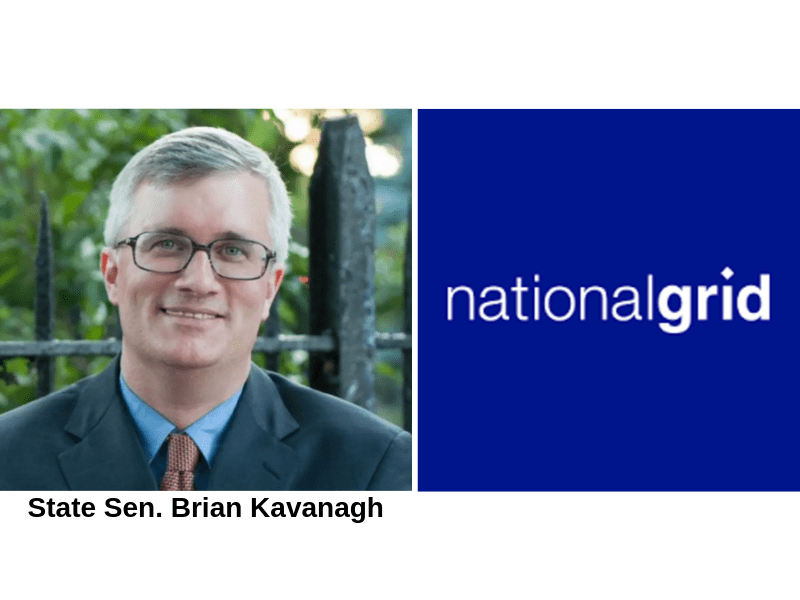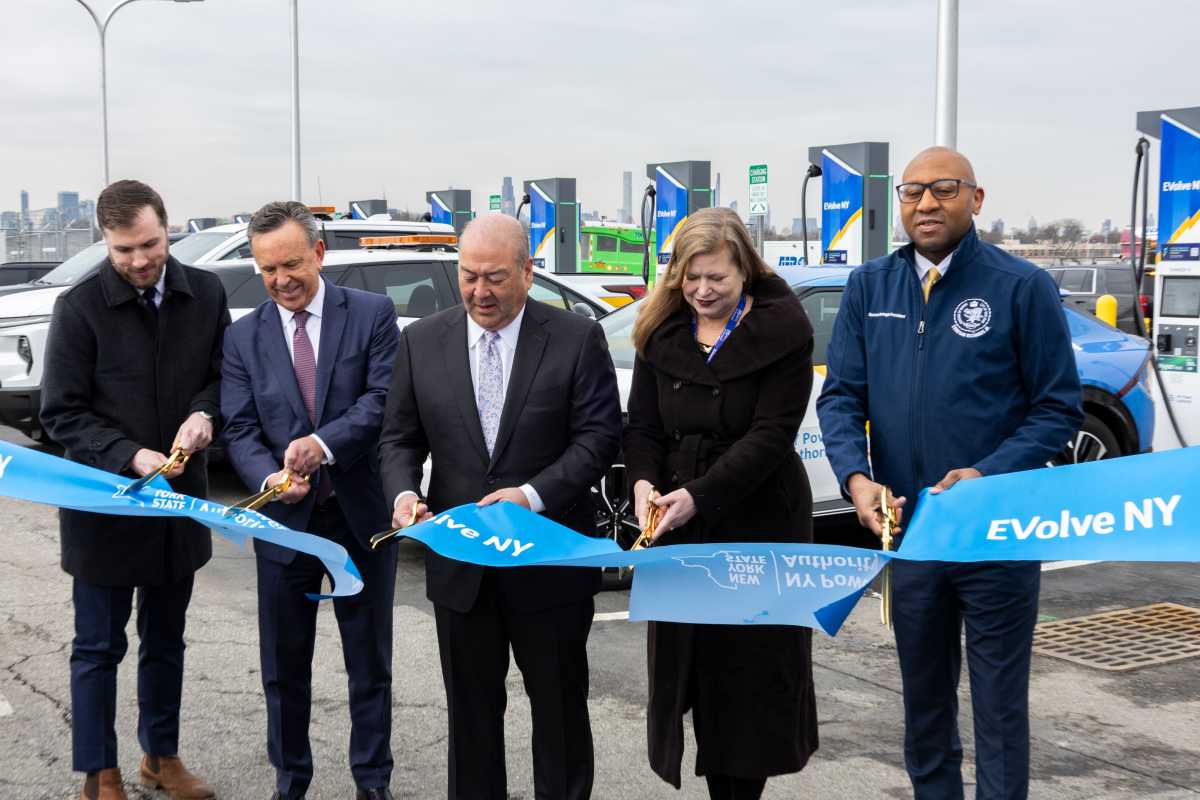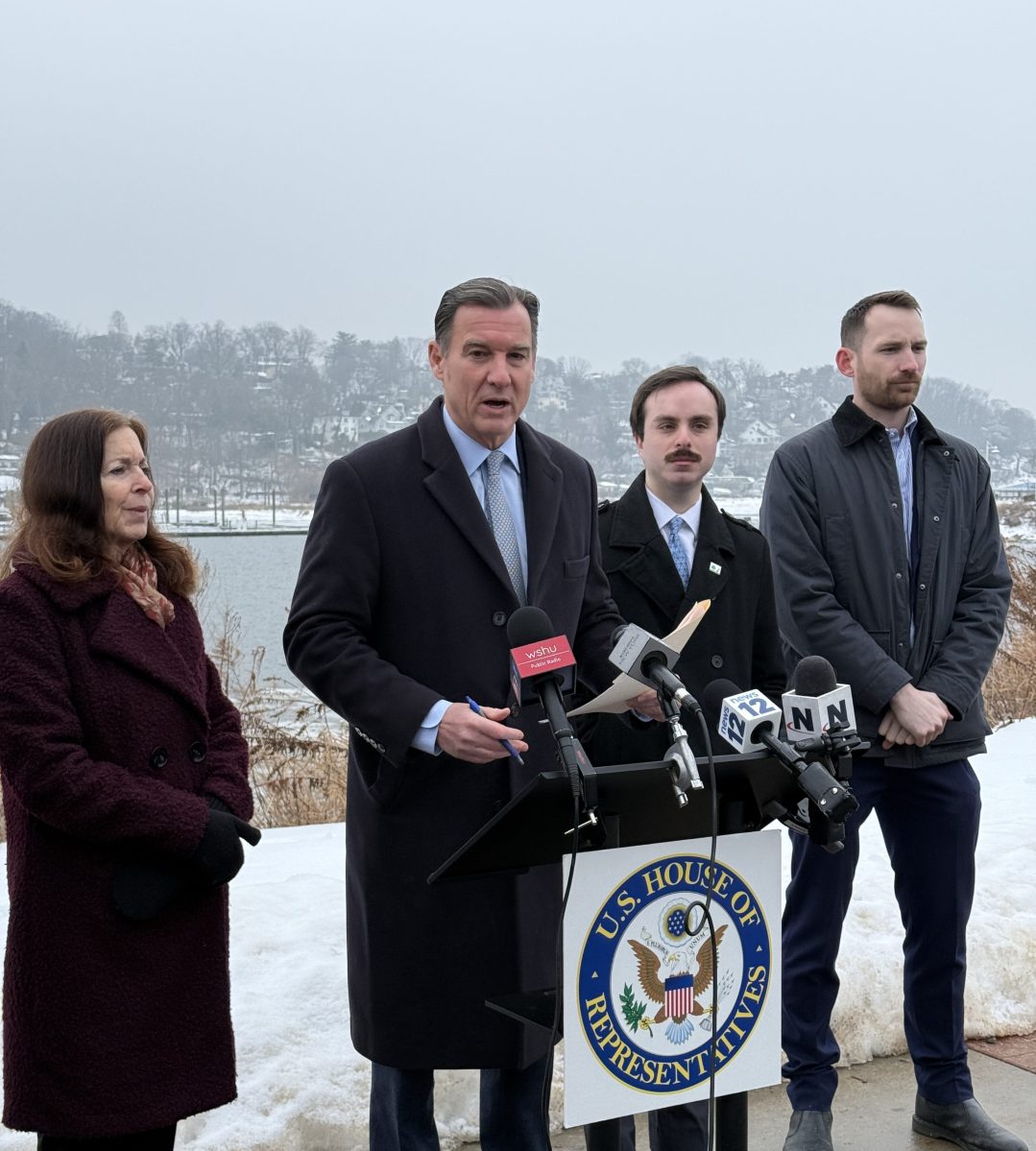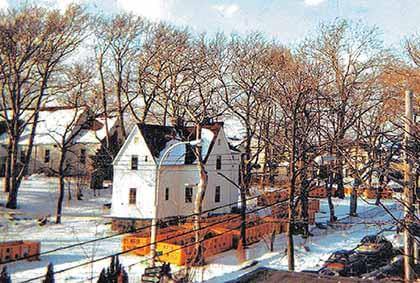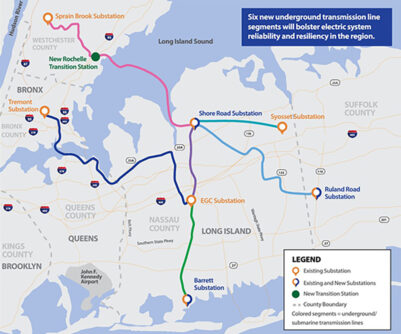In a case of being guilty even if proven innocent, State Sen. Brian Kavanagh (D-Northern Brooklyn, Lower Manhattan) told KCP this week he would oppose an alleged desperately needed gas pipeline even if the facts bore out that without it thousands of Brooklynites could face freezing winters without heat in the next few years.

Kavanagh’s comments came after he spearheaded a state senate letter last week to the state’s Public Service Commission (PSC) Chair John Rhodes calling for a more publicly transparent investigation by the Commission into the natural gas moratorium instituted by National Grid.
Also signing onto the letter were Brooklyn State Senators Julia Salazar, Simcha Felder, Kevin Parker, Velmanette Montgomery, Diane Savino and Andrew Gounardes.
National Grid, formerly Brooklyn Union Gas, is an electricity and natural gas delivery company that connects nearly 7 million customers to vital energy sources through its networks in New York, Massachusetts and Rhode Island. It is the largest distributor of natural gas in the northeast and provides gas to 1.8 million customers in Brooklyn, Queens, Staten Island and Long Island.
State politicians and National Grid have been at loggerheads regarding the expansion of the Williams Pipeline, which would connect to an existing pipeline going from Pennsylvania and New Jersey. The extension has been denied approval twice, due to environmental concerns.
Spokespeople from National Grid have insisted that the pipeline is the only way to get more gas into New York, and until they are able to do so the moratorium must remain in place, or it could meet the inability for existing demands for natural gas this winter for heat in their service area.
This statement has been met with distrust by state politicians, who are more inclined to believe that the company has essentially been holding residents and small businesses hostage in an effort to strongarm the government into approving the expansion of the pipeline.
In a conversation with KCP, Kavanagh expressed concern over the timing of the moratorium stating that National Grid made the announcement after the disapproval of the pipeline expansion, and that they had never in the past indicated the immediate effect it would have on their ability to provide service.
“We are concerned that while the company has denied people service, they are also telling customers to contact their legislators and other public officials to approve the pipeline. So that’s why we want an investigation, I don’t want to assume what the conclusion of the investigation would be but they are a public utility and have an obligation to provide services to the public. I believe that their explanation so far, of why they need to suspend their ability to provide service to many customers with no meaningful prior notice is necessary or acceptable,” said Kavanagh.
A statement from the letter to Chairman Rhodes from the State Senate reads, “we request that PSC open formal, public proceedings, including a matter and case number, in order to enhance transparency and enable customers and other stakeholders to monitor and participate in the investigation.”
“It is reassuring that inquiries into National Grid have been proposed by the PSC, Governor Cuomo, and Attorney General James, but at this time, there is no way for the public to determine the status of any investigation, provide evidence of their losses or damages, or submit comments for the record. Therefore, we urge the PSC to promptly issue case and matter numbers for this investigation, and conduct robust local outreach to communicate updates on the status of the investigation and available opportunities to submit comments,” the letter adds.
When asked whether he would continue to be opposed to the expansion of the pipeline, if the conclusion of the investigation found the moratorium justified, Kavanagh highlighted environmental concerns saying, “The state legislature just passed the most aggressive climate change goals in the country and we are not going to meet those goals unless we figure out different ways of providing energy resources to people.
“So, I am opposed to this pipeline and I think there are many ways to ensure that people who need gas in the short term are receiving that service, and in the long term we should be looking to use the gas that we have with greater efficiency and moving away from providing new infrastructure for fossil fuels that are destroying the planet we live on,” he added.
While natural gas is a fossil fuel, it is 30 percent cleaner than heating oil, and with carbon-capturing technology, it could be the stopgap fossil fuel utilized until both the technology and infrastructure are in place to heat dense population cold-weather climates like New York City.


